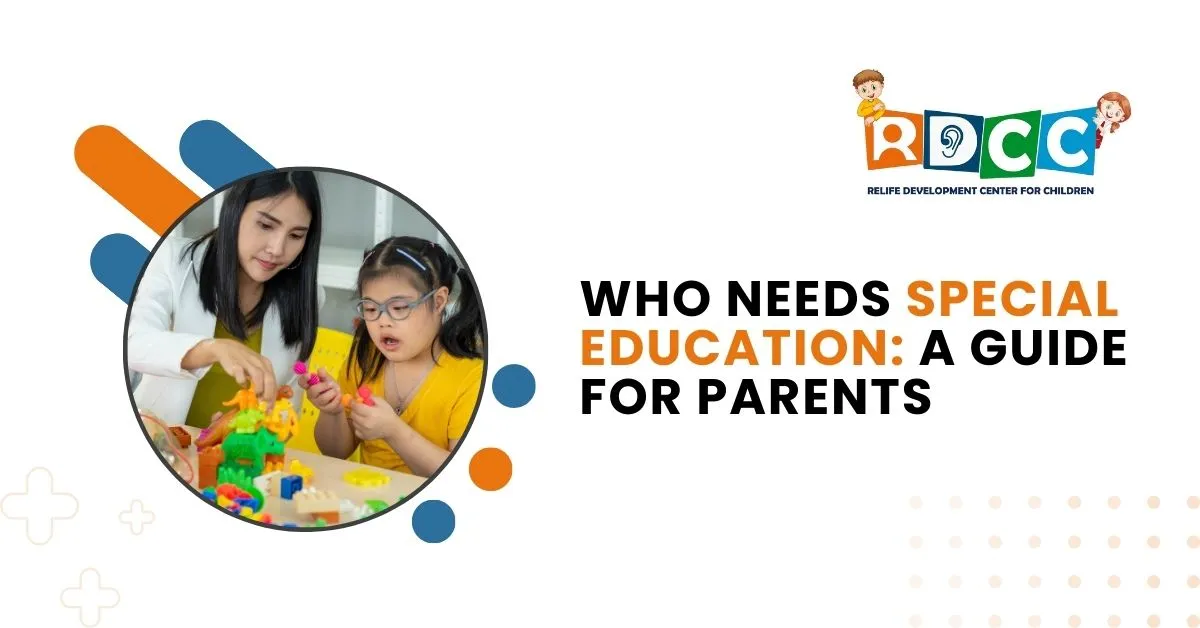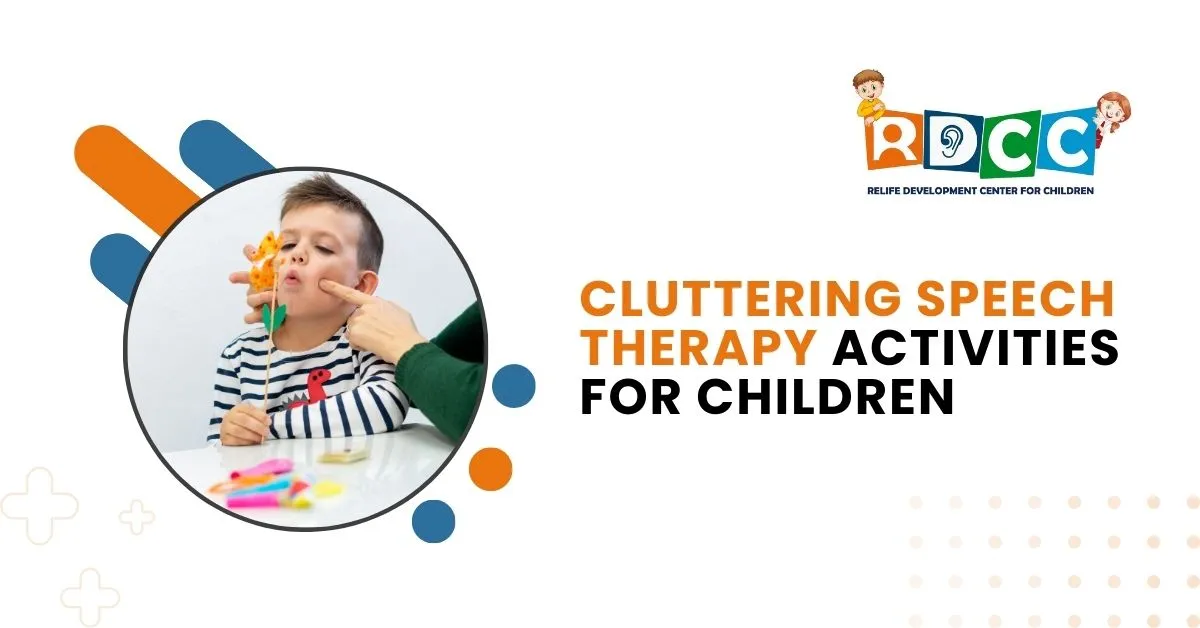
As parents, it can be overwhelming to identify if your child requires special education services. Special education is designed to support children with diverse learning needs, ensuring they receive the right assistance to succeed in school. Understanding who needs special education and how to navigate the process can help you make informed decisions about your child’s education. This guide will help you recognize the signs that indicate a need for special education and provide tips on how to get the support your child deserves.
What is Special Education?
Special education is a tailored educational program designed to meet the unique needs of students with disabilities or learning differences. It includes a variety of services and support systems aimed at helping children with conditions such as learning disabilities, autism spectrum disorders (ASD), speech and language delays, emotional and behavioural disorders, physical disabilities, and more.
These services are delivered through individualized education plans (IEPs), which are customized to each student’s needs and strengths. The goal of special education is to ensure that all children, regardless of their challenges, have access to the tools, strategies, and resources they need to thrive academically and socially.
Signs Your Child Might Need Special Education
As a parent, you may notice signs early on that indicate your child may need special education services. Some common signs include:
- Learning Difficulties: Struggling with reading, writing, or math, even after receiving extra help.
- Speech and Language Issues: Difficulty speaking clearly, understanding language, or following conversations.
- Behavioural Concerns: Excessive tantrums, emotional outbursts, or difficulty adjusting to changes.
- Social Challenges: Trouble making friends or understanding social cues and interactions.
- Physical or Motor Issues: Difficulty with coordination, balance, or fine motor skills like holding a pencil or tying shoes.
- Attention and Focus Problems: Inability to stay on task, frequent distractions, or challenges completing assignments.
If you observe any of these signs in your child, it’s important to discuss them with your child’s teacher or a paediatrician. Early intervention can make a significant difference in a child’s development and academic success.
Is your child struggling in school? Get expert help in understanding special education options that can make a difference. Contact us today!
Types of Disabilities Covered by Special Education
Special education services are designed for children with a wide range of disabilities, including but not limited to:
- Learning Disabilities: Children who struggle with reading (dyslexia), math (dyscalculia), or writing (dysgraphia).
- Autism Spectrum Disorder (ASD): Children with autism may have challenges with social communication, behaviour, and learning.
- Speech or Language Impairments: Children who have difficulty speaking clearly, understanding language, or using appropriate speech patterns.
- Attention Deficit Hyperactivity Disorder (ADHD): Children who struggle with attention, hyperactivity, or impulse control may benefit from special education programs.
- Emotional and Behavioural Disorders: Children with mental health issues, anxiety, depression, or behavioural challenges may need extra support.
- Physical Disabilities: Children with conditions affecting mobility, motor skills, or other physical limitations.
How to Request Special Education Services
If you suspect your child may need special education, here are some steps to take:
- Observe and Document: Keep a record of your child’s difficulties and behaviours. This can be helpful when discussing concerns with teachers or specialists.
- Talk to Your Child’s Teacher: Teachers are often the first to notice learning or behavioural issues. Share your observations and ask about any academic struggles your child may be facing.
- Request an Evaluation: If your child’s school does not suggest an evaluation, you can request one yourself. The school is required to assess your child if there is a concern about a disability.
- Work with a Team: Once the evaluation is complete, an Individualized Education Plan (IEP) meeting will be held. You, your child’s teachers, and other specialists will work together to design an IEP that supports your child’s needs.
- Advocate for Your Child: Be your child’s biggest advocate. Stay involved in the process, communicate regularly with teachers, and monitor your child’s progress.
The Importance of Early Intervention
Early intervention is key when it comes to special education. The earlier children with disabilities receive the support they need, the more successful they tend to be in school and beyond. Early intervention helps to:
- Address developmental delays or learning difficulties before they become bigger issues.
- Enhance cognitive, emotional, and social development.
- Improve self-esteem and foster a positive attitude toward learning.
- Provide parents with tools and resources to support their child’s growth.
Frequently Asked Questions
Who needs special education?
Children with learning disabilities, autism, speech issues, or physical disabilities may need special education to get the right support in school.
What is the role of parents in special education?
Parents play a key role in supporting their child’s learning by working with teachers, attending meetings, and ensuring their child gets the services they need.
Who needs to be included with children with special needs?
Children with special needs should be included in all classroom activities, with tailored support, to help them develop social skills and participate fully in learning.
Conclusion
Special education is not one-size-fits-all. Every child is unique, and their educational needs will vary. As a parent, being proactive, observing your child’s behaviour, and seeking help, when necessary, can make a significant impact on your child’s future. Whether your child has a learning disability, a speech impairment, or a physical disability, special education services provide the support they need to succeed. Don’t hesitate to reach out for help if you believe your child needs special education services—it could be the first step toward unlocking their full potential.




